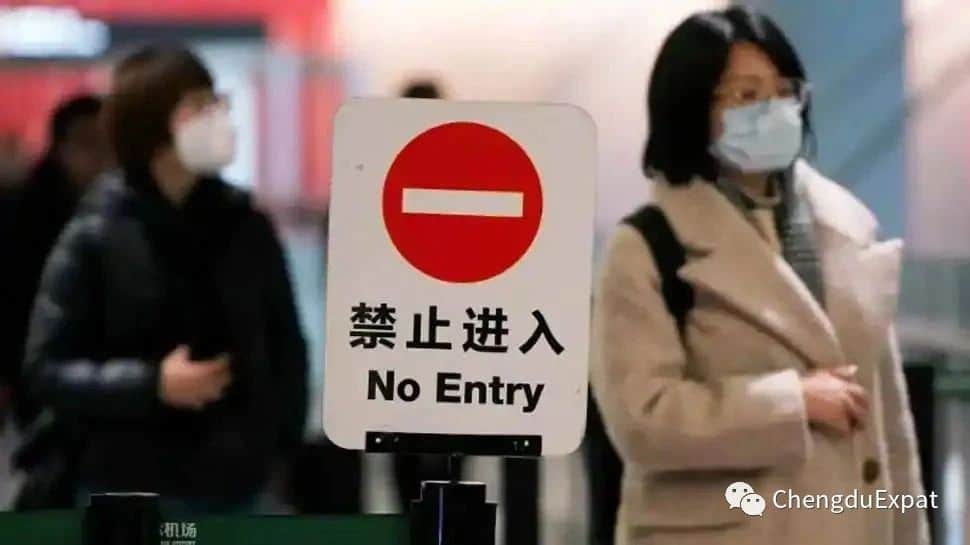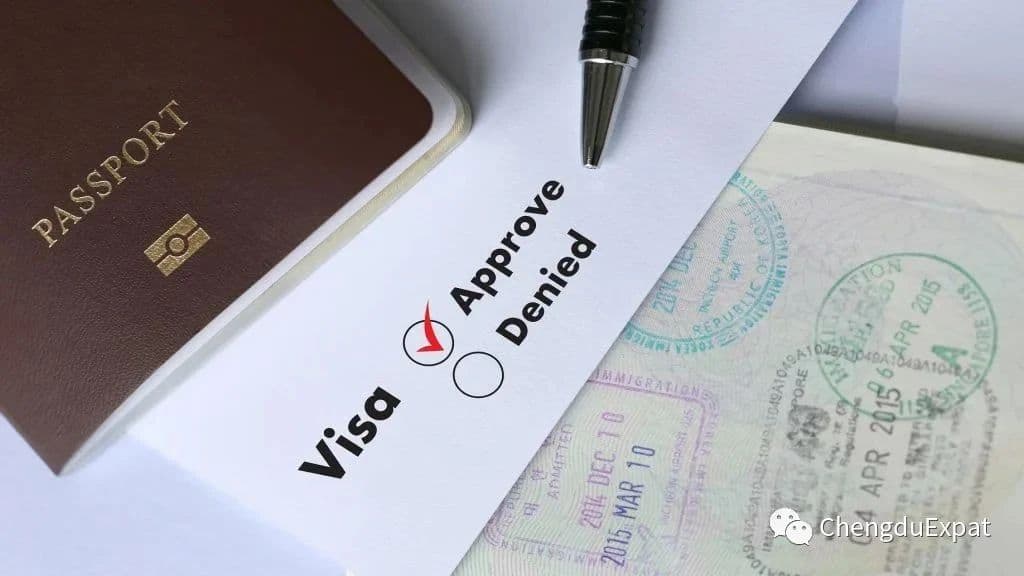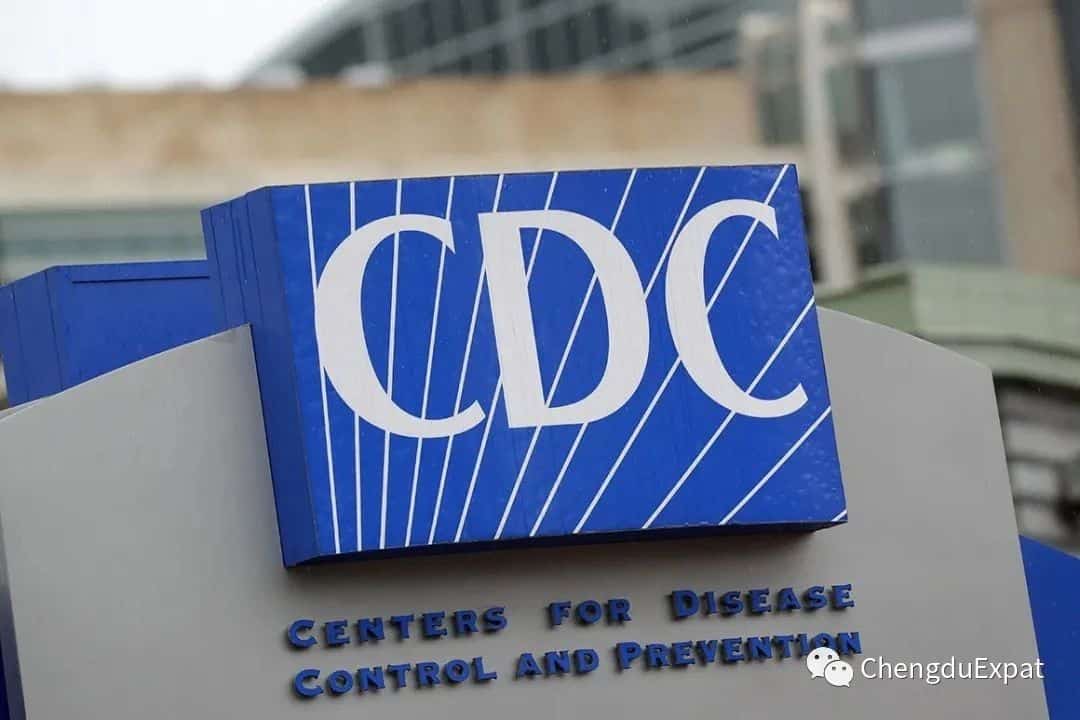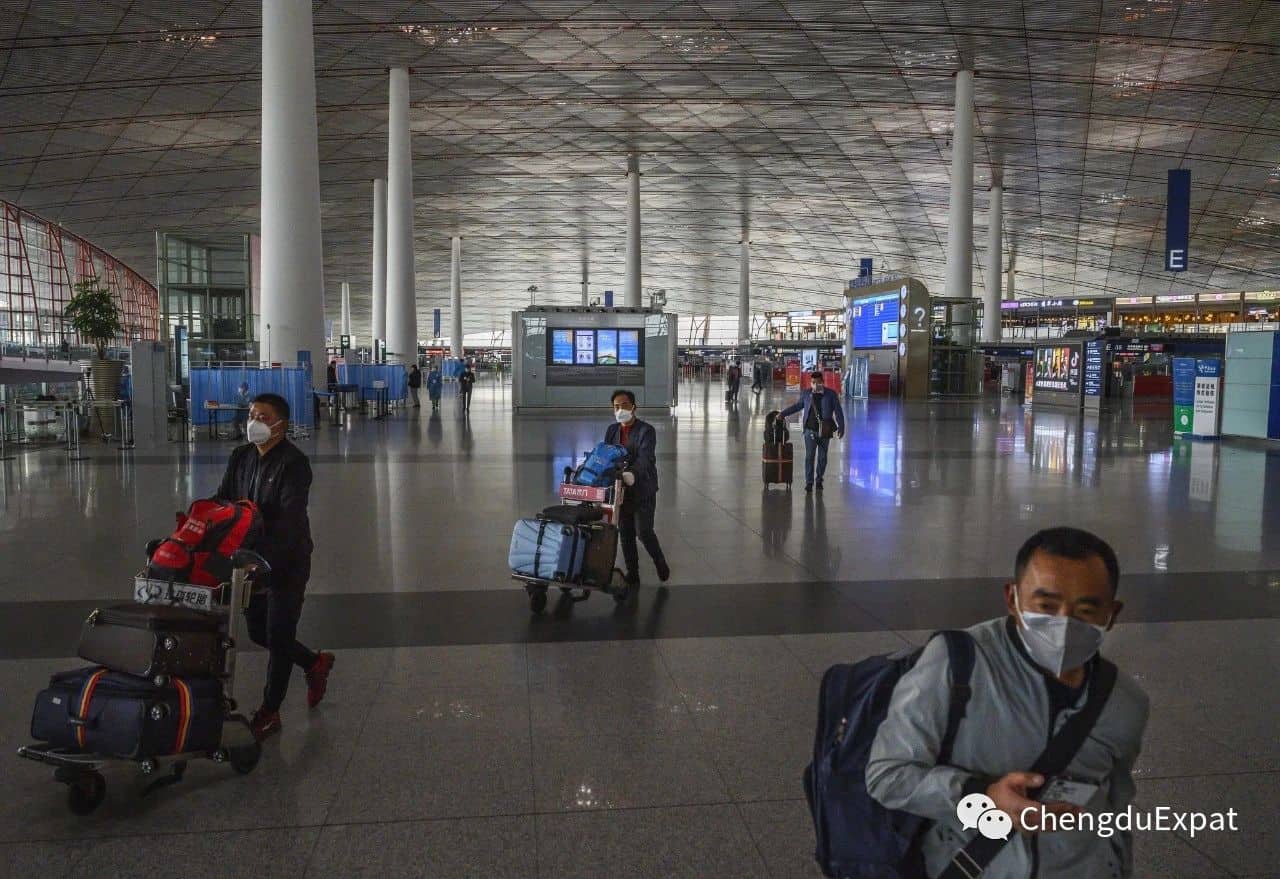[Updated June 30, 2020]
From March 28 China suspended the entry of most foreign nationals – even the ones holding valid visas. From that day, the following policies are in place:
1) Foreign nationals holding valid visas or residency permits are prohibited from entering China (see below for a possible exemption for Korean/ Singaporean business travelers);
2) Foreign nationals holding APEC Business Travel Cards are prohibited from entering China;
3) The following visa-free or temporary visa arrangements are temporarily suspended:
Port visas, 24/72/144-hour visa-free transit, Hainan 30-day visa-free entry, 15-day visa-free entry for foreign cruise ships or groups tours at Shanghai Port, Guangdong 144-hour visa-free entry for foreign tour groups from Hong Kong SAR or Macau SAR, and Guangxi 15-day visa-free entry for foreign tour groups from ASEAN countries.
4) Diplomatic, service, courtesy, or “C” visas are not impacted;
5) Foreign nationals coming to China for necessary economic, trade, scientific or technological activities, or for emergency humanitarian needs may continue to apply for visas at Chinese embassies or consulates. Foreign nationals holding visas issued after these policies were implemented may enter China. Our sources do tell us that visas successfully applied for from Chinese embassies or consulates overseas after the announcement of the Ministry of Foreign Affairs are extremely limited.
As the outbreak eases, to maintain the necessary international business activities, China is relaxing the border restrictions, though only very limited. Starting beginning of May, the “fast track, green channel” program allows very limited business people of key sectors, such as logistics, technical business and financial services and so on. If you fall into any of these categories, you may ask your employer to apply a ‘fast track’ visa so you can come back to China soon.
By far, China has signed fast track agreements with Germany, France, South Korea, UK, Japan, and Singapore. Other countries that are reportedly on the list of the “fast track, green channel” program also include Italy and Switzerland. Don’t get your hopes up too much, the “fast track” option only applies to an extremely limited number of people, and is limited to just a few Chinese destinations.
How to apply the fast track visa?
1. The company needs to apply to the Foreign Affairs Office (for normal channel: district/municipal-level; for fast track: province-level office) of the city where it is located. In addition to detailing why the invitee wishing to travel to China is essential for business operations, the company will have to explain in detail how it will comply with the requirements of a 14-day quarantine for the invitee.
2. The CDC (Centers for Disease Control) will inspect and check that all the required safety measures are set up at the places of residence and work. The company will be required to guarantee on paper that these measures will be carefully implemented.
3. Once reviewed by the district-level FAO, the application will be sent to the province-level FAO.
4. The province-level FAO will assess the application and issue a visa notification to the MFA and the relevant Chinese embassy or consulate in the country where the invitee is located. The company will also receive a hard copy, which will have to be sent to the invitee to present at the embassy or consulate for the visa application.
5. The invitee’s visa application at the Chinese embassy or consulate will be subject to further requirements that will depend on the bilateral fast track agreement between China and the country. One of the requirements is that the invitee should not have travelled to any high-risk country within the 14 days prior to departure and a nucleic acid test that must be done before travel.
6. With the visa, the invitee will be able to board a commercial flight or a chartered flight to China.
7. Upon arrival, the invitee will be screened by customs officials. After getting off from the plane, a nucleic acid test will be carried out at the airport, as well as an additional serological test. The results can take up to two days during which the employee has to wait at the designated hotel.
8. If all tests are negative, the invitee will have to be picked up by a designated car and driver and will be subject to the 14-day quarantine.
For other countries, the re-opening of China’s borders to foreign nationals will depend on the development of COVID-19 across countries.
If you’re a member of a Chamber of Commerce or government affiliated organization, we recommend you to reach out to them, as they might be able to help.
Source: Ctrip, AsiaPathway







